In our temperate climate the winter wildflower season is magnificent making it one of the best times for walking in and around the escarpment – or at least when it’s not too muddy! – and many of the winter flowerers continue to bloom through spring. Fingers crossed La Niña doesn’t hit too us too hard in the coming months so we can more easily get out into the bush again.
Bright Banksia cones and Correas that started flowering in Autumn continue blooming through the colder months. Closely followed by heathland plants such as Epacris sp., Wedding Bush (Ricinocarpus) and Boronia. As we move into mid-winter, nectar-rich Hakeas, Grevilleas and Acacias (wattles) put on a brilliant show that bring honeyeaters and insect-feeding birds to the party. All brightening a cold, drizzly, sunny or windy winter’s day.
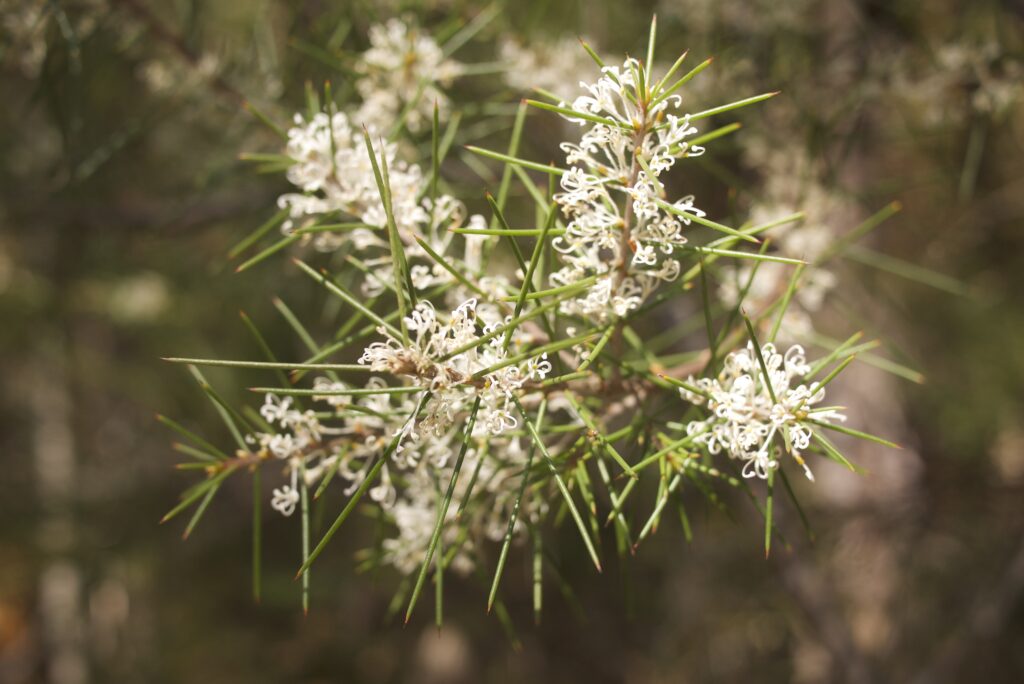
Tracks above the escarpment are best place to find most of the heathland plants, they often like to live where the soil is sandier and drains more easily. The Forest Walk from Sublime Point and Barren Grounds Nature Reserve are good places for wildflower appreciation; there are sections of the bush which look like wildflower meadows.
Under the escarpment rainforest species typically begin to flower and fruit in mid-spring to early summer. You can often see rainforest species coming into flower by the noticeable differences in the colours of trees as you look onto the escarpment, the most showy of these being the Illawarra Flame tree Brachychiton acerifolius.
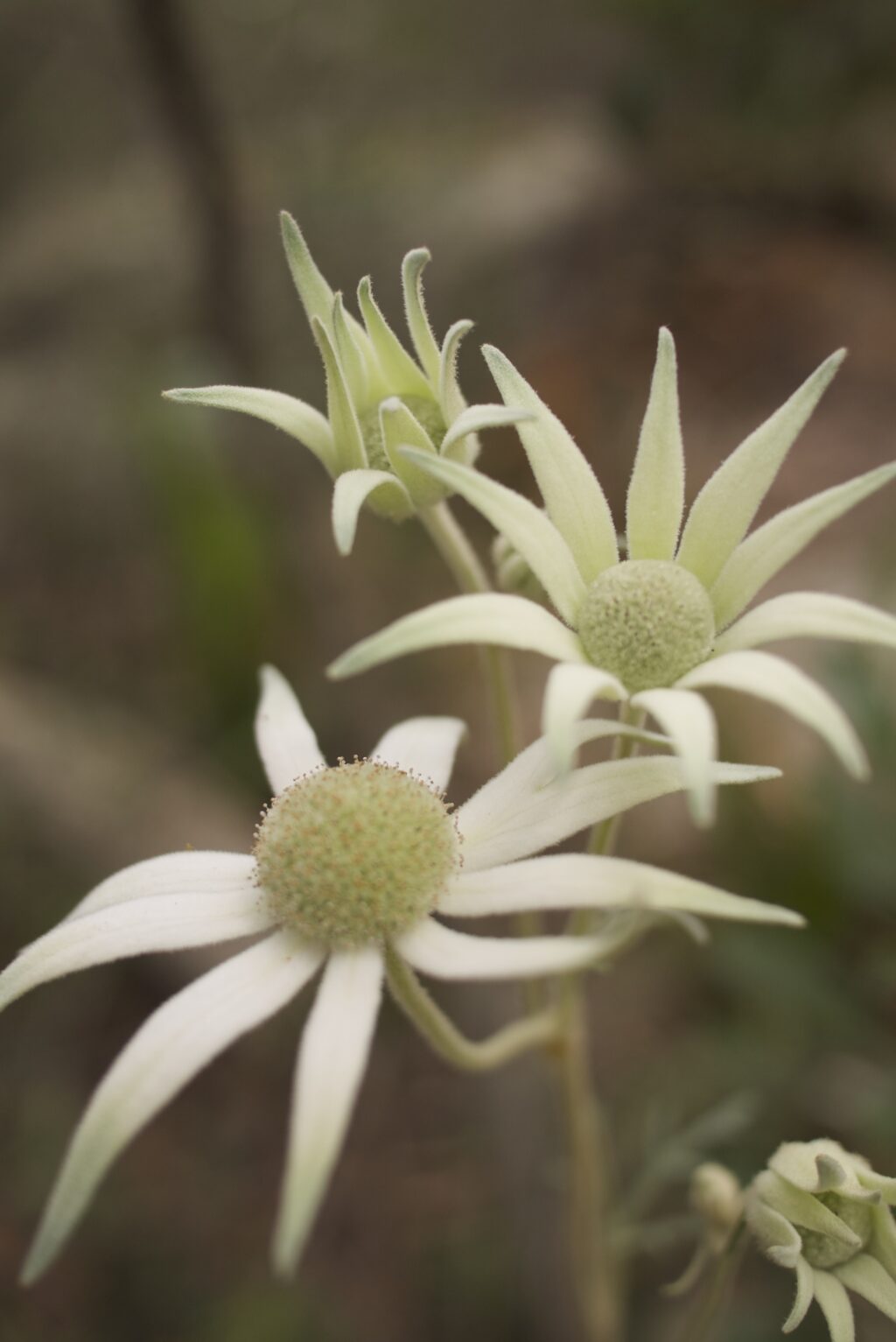
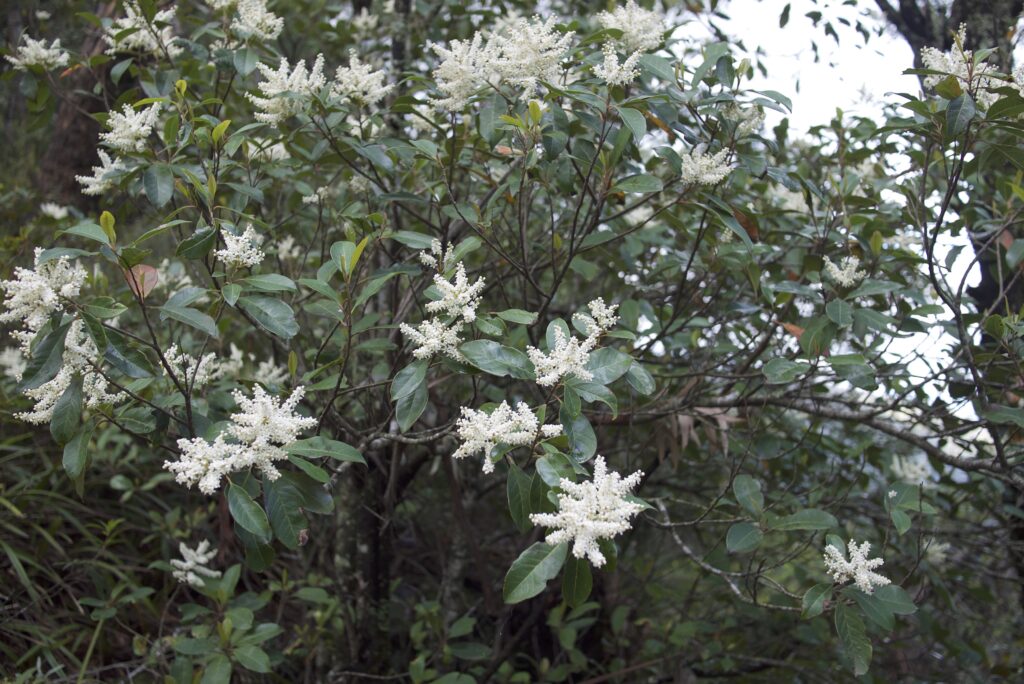
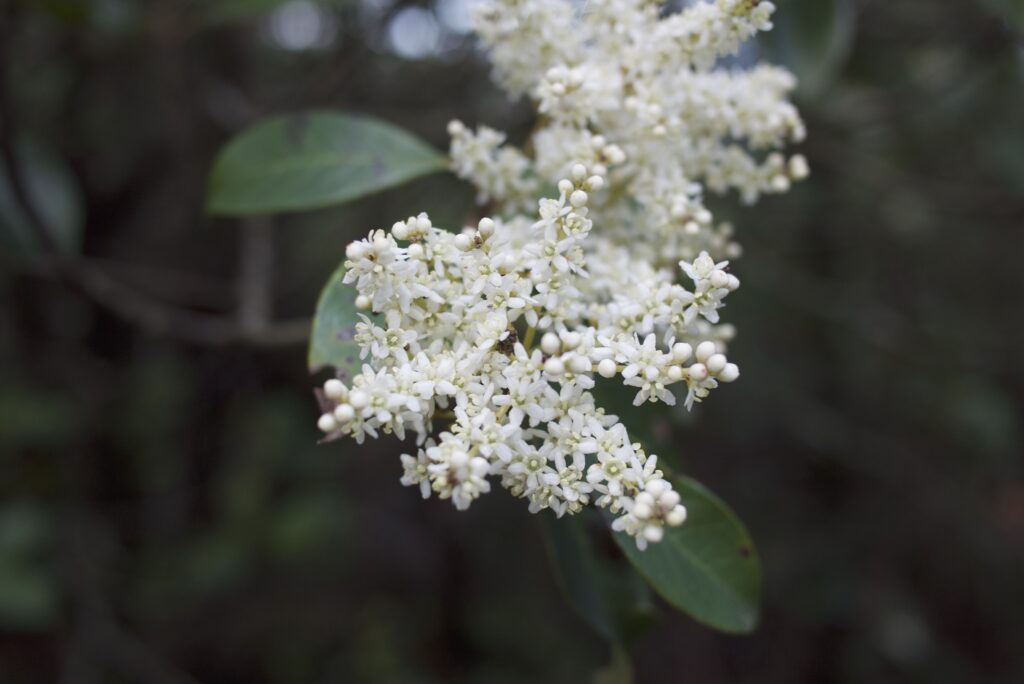
Illawarra Walks for the best flower displays:
- Wodi Wodi Track to Stanwell Park (6.5km). Make sure to park a car at the other end or walk a couple of extra km’s along the road to complete the loop. There are some large stands of Bush Peas on the north end of the track, affectionately known as ‘eggs and bacon bush’ (you’ll know why when you see them).
- Robertson Lookout Walking Track (2km return). Starts on the west side of the Mount Keira Ring Track from Mt Keira Road, and meanders along the top of the escarpment. I’ve seen great displays of Dracophyllum secundum there and it’s a nice short family walk for a sunny day.
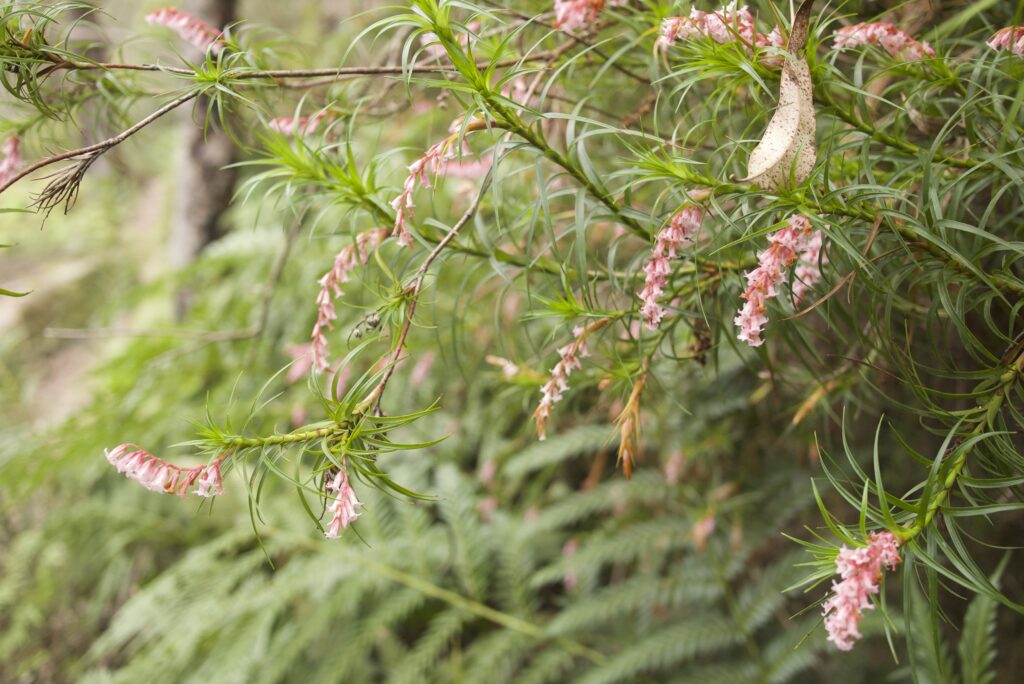
- Forest Walk from Sublime Point (14km). You can do smaller sections of this track or make it a lovely full day walk that finishes at the south end of the Wodi Wodi track. There are some great stands of Leucopogon lanceolatus and Bauera rubioides just coming into bloom, and Boronia pinnata, a danity pink-flowered shrubs whose leave smell like candy when crushed.
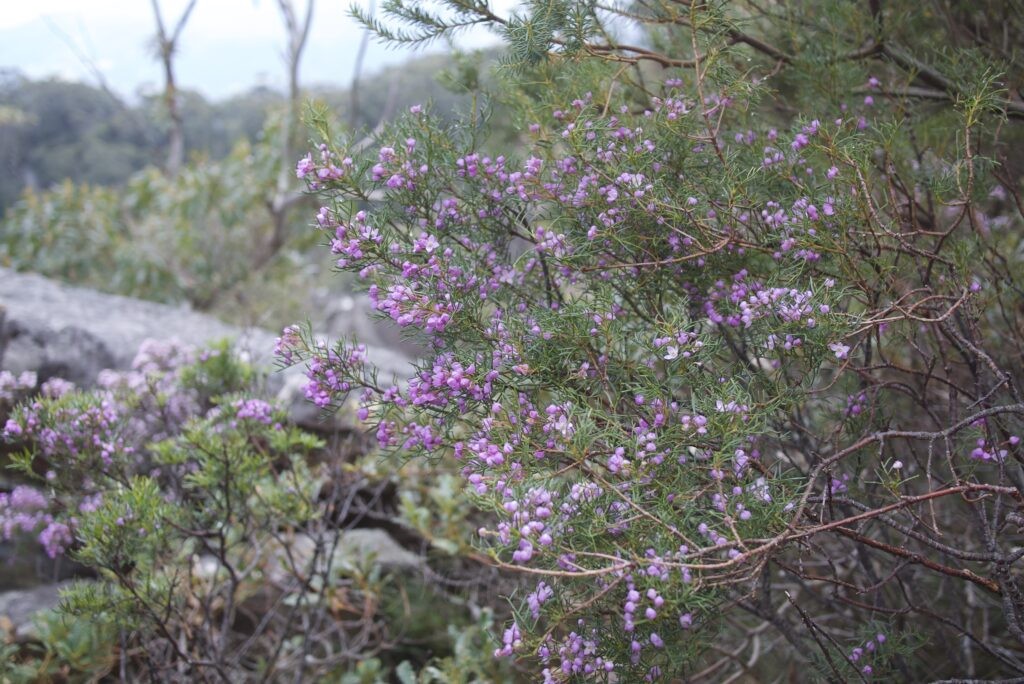
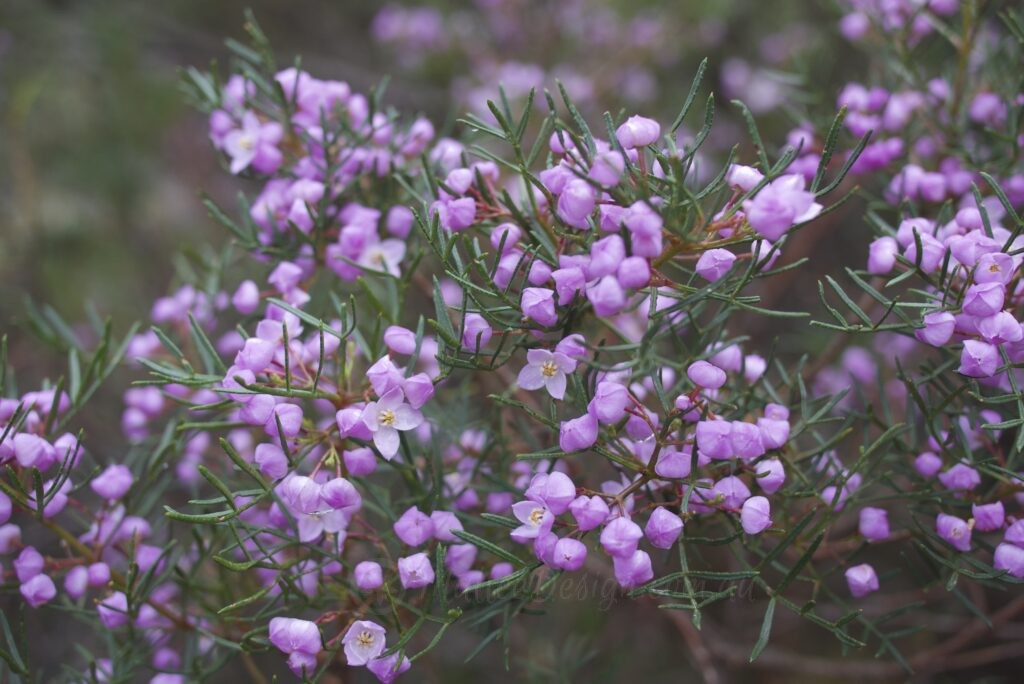
- Maddens Falls at Darkes Forest (0.5km return). A great place to visit for the natives that hang around the edges of sandstone swamps. Snow Wreath (Woollsia pungens) and Darwinia (Darwinia fascicularis) often put on a lovely display there.
- Barren Grounds Nature Reserve (various lengths). There are a range of walks from 2km-8km on this plateau. In late autumn-winter you can often hear lyrebirds.
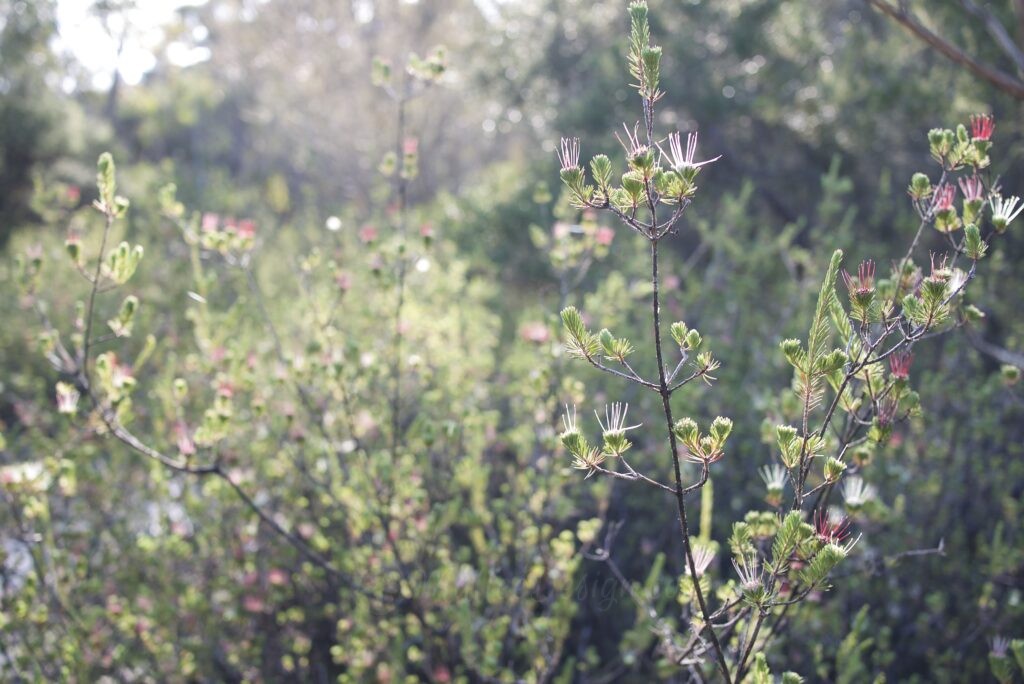
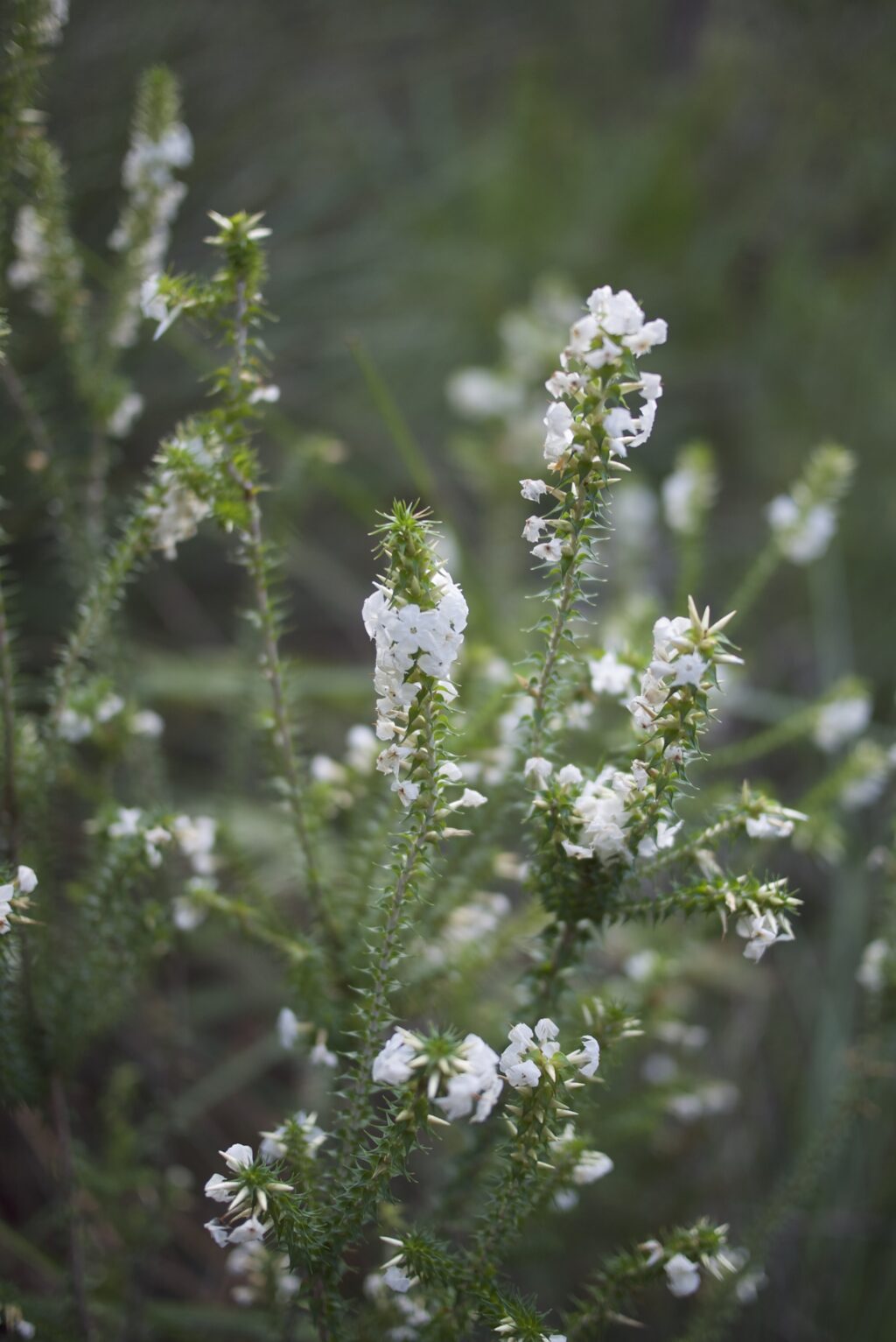
- Royal Coast Track from Otford (26km). This is another walk where you can choose to do shorter sections or make it one big day adventure. At the moment there is plenty of Prickly Moss (Acacia ulicifolia) in flower and you can also see species such as Epacris longiflora, Grevillea oleoides and native fuschia Correa reflexa var. reflexa at the southern end of the track in particular.
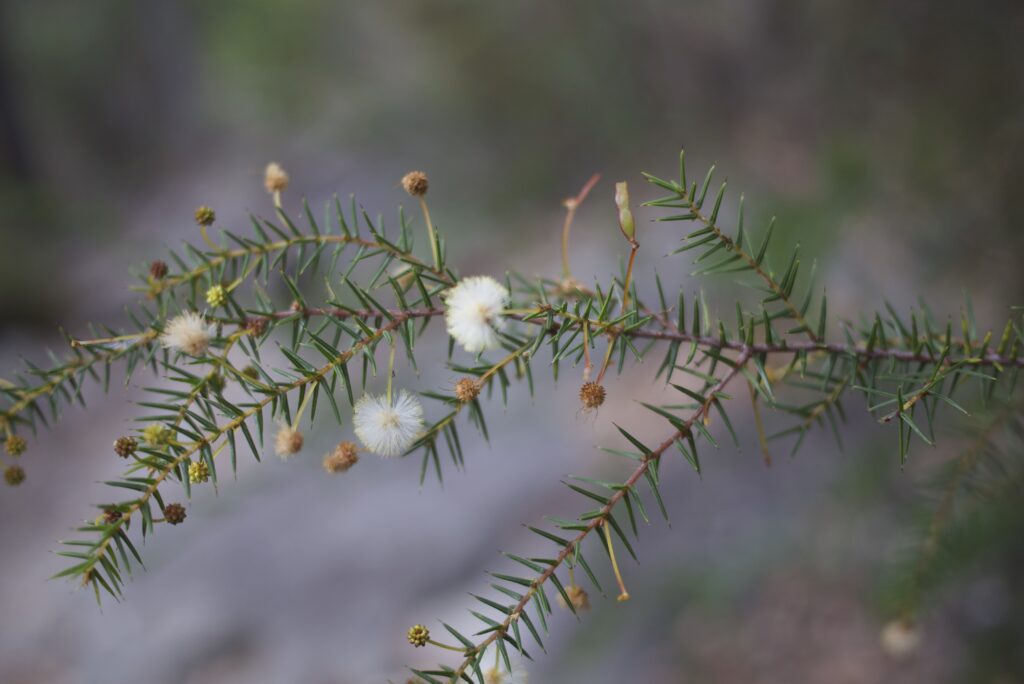
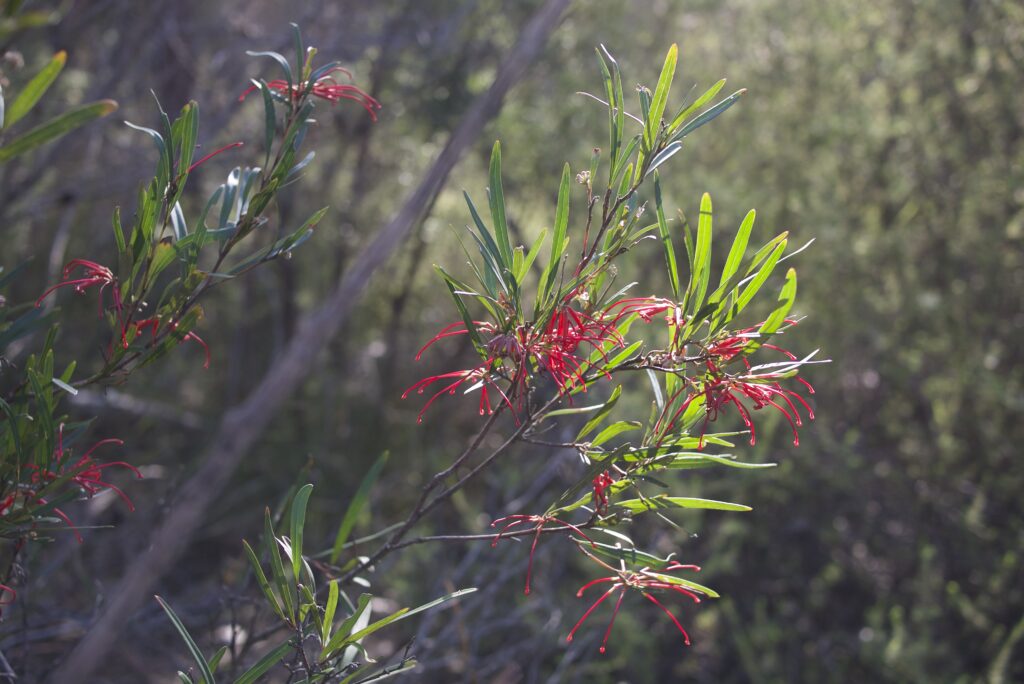
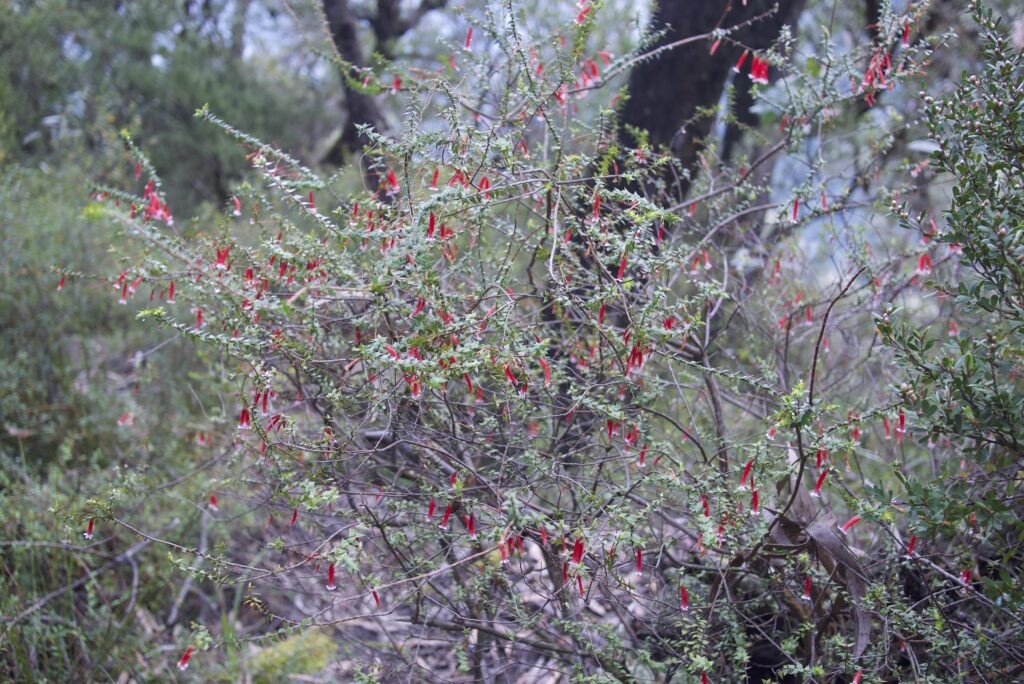
- Brokers Nose (4.6km return). This walk travels along the sandy, rocky escarpment and can be quite slippery after rain. Thickets of Orange Thorn (Citriobatus multiflorus) sport small orange baul-baul fruits at this time of the year near the start of the track, but be careful because the plants are spiky! You’ll also see Leucopogon, Epacris, and the lovely pink-centred flowers Leptospermum sqaurrosum blooming along this track through spring.
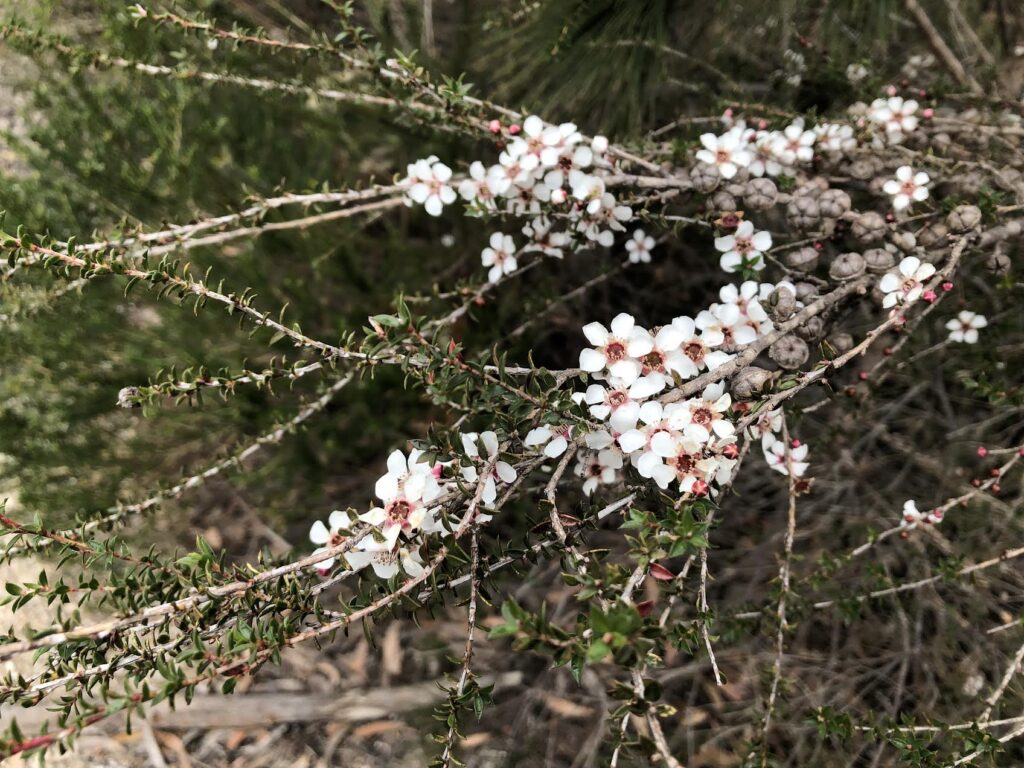
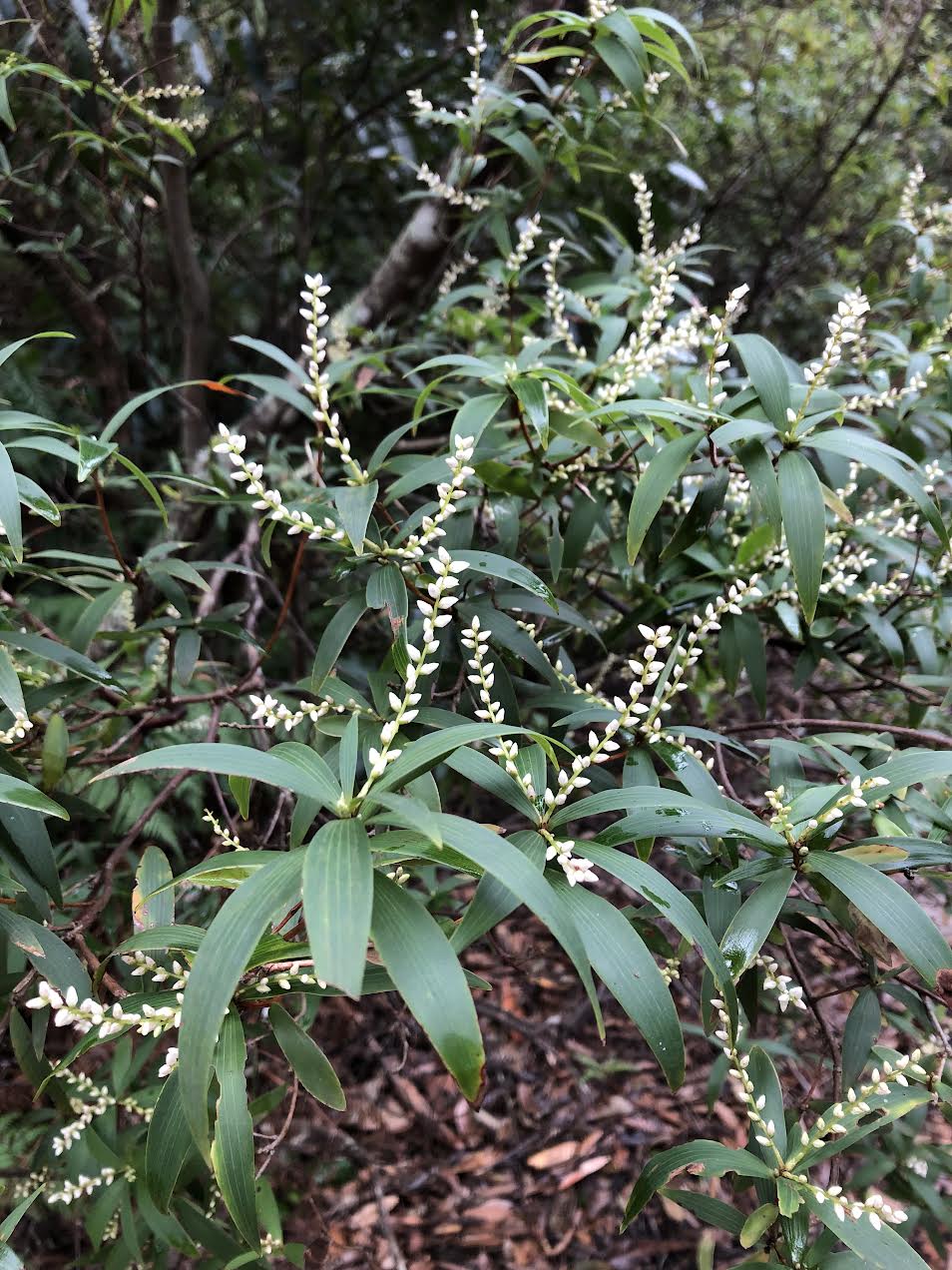
Written by Hannah Preston and Kath Gadd

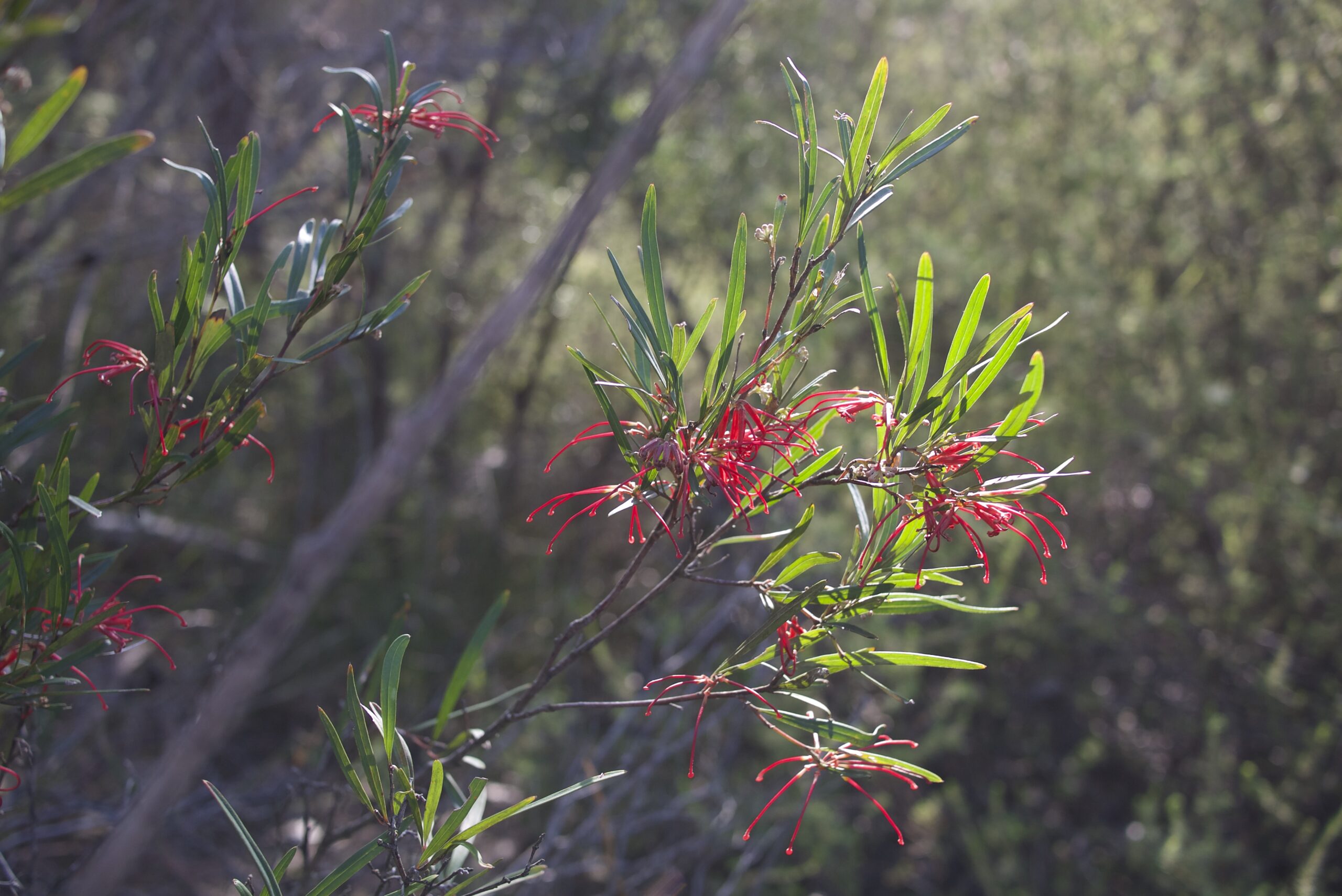
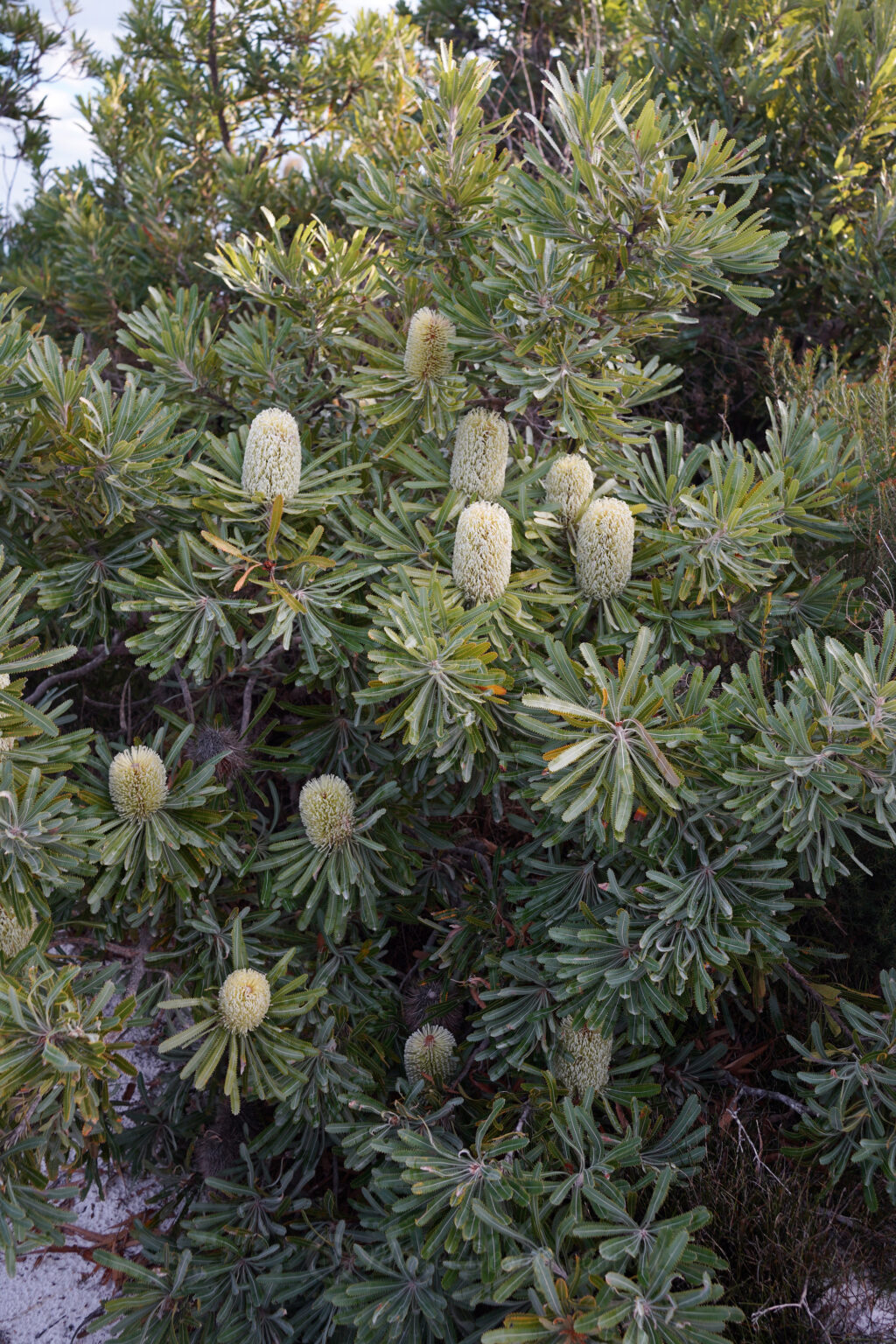
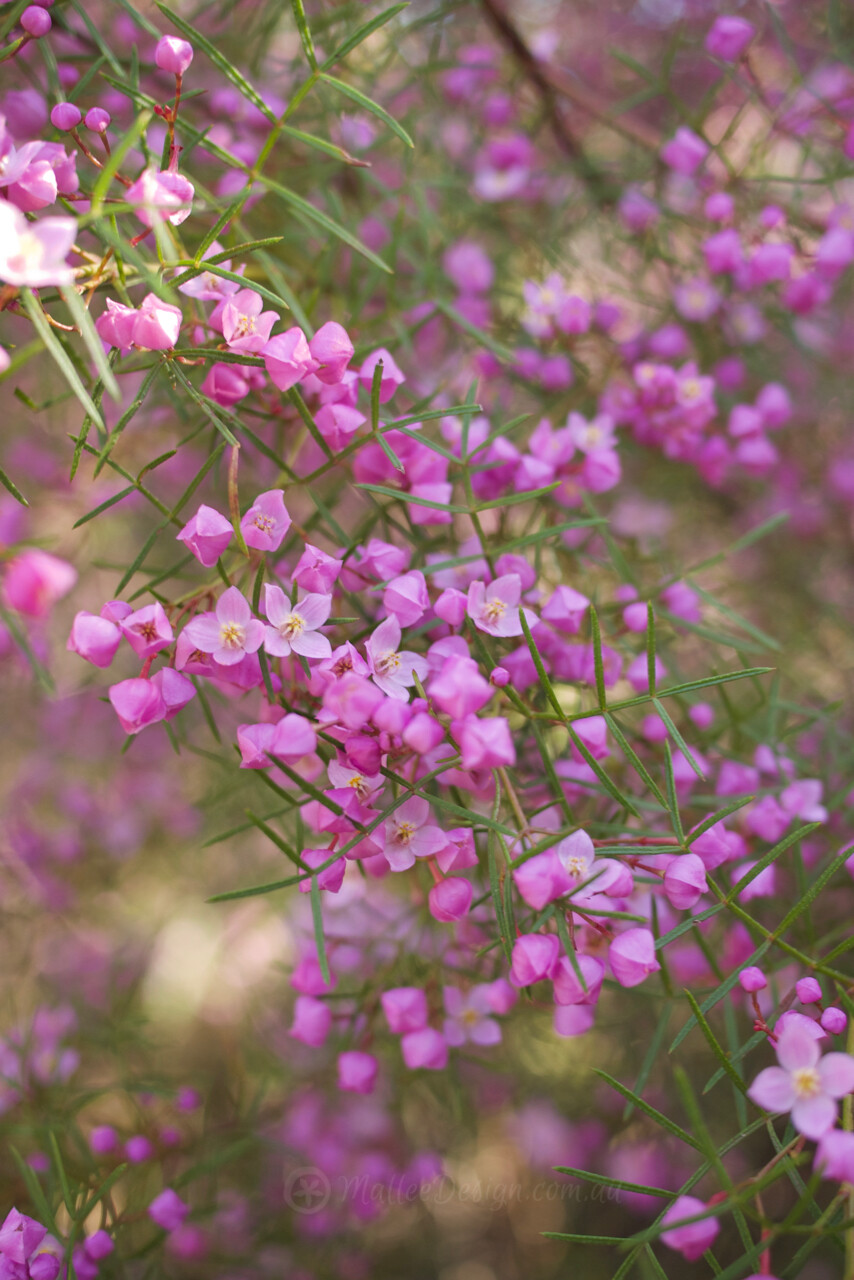
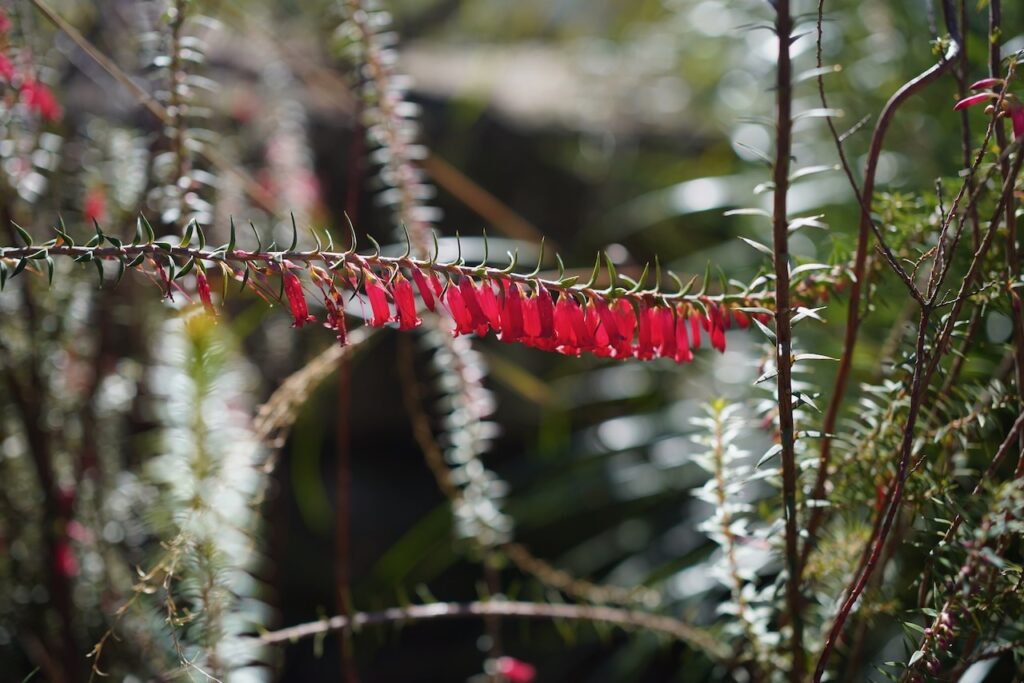
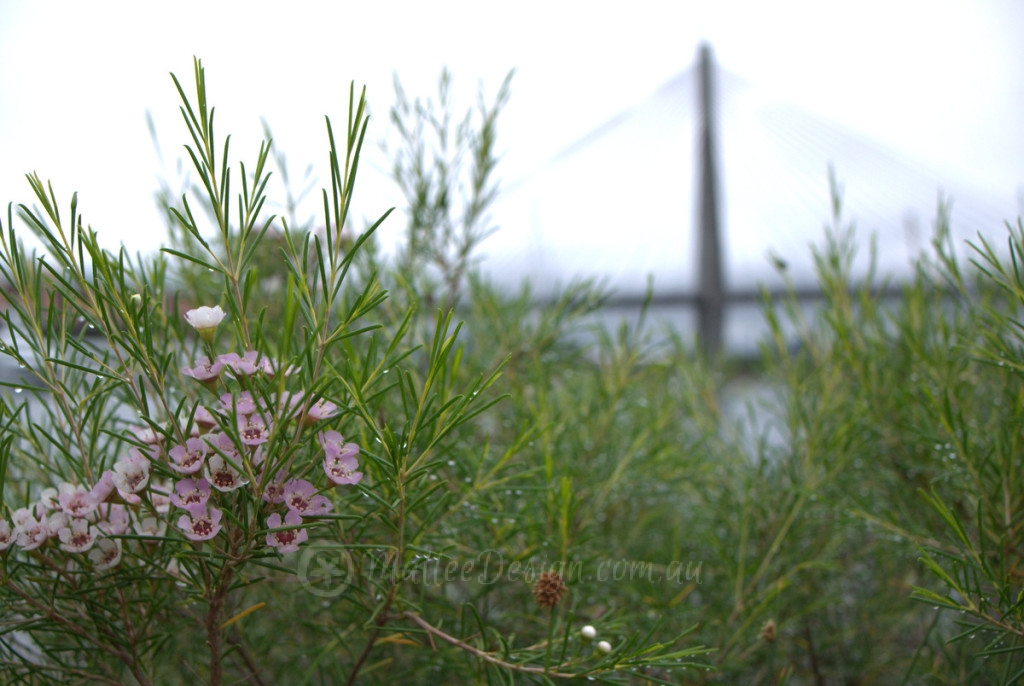

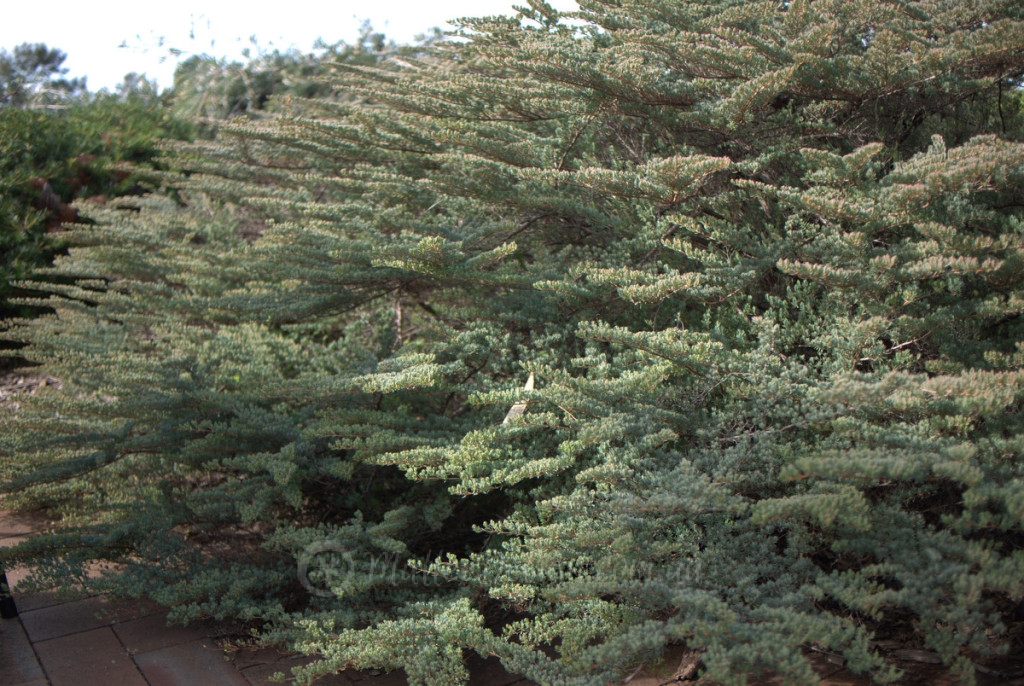
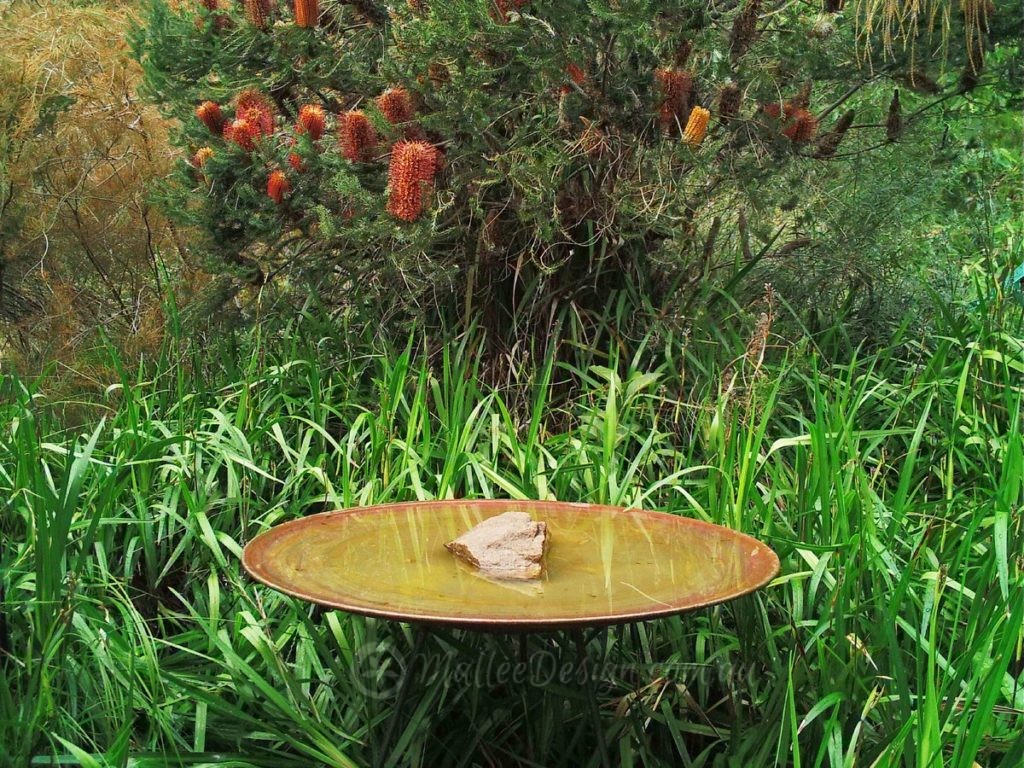
Leave a Reply